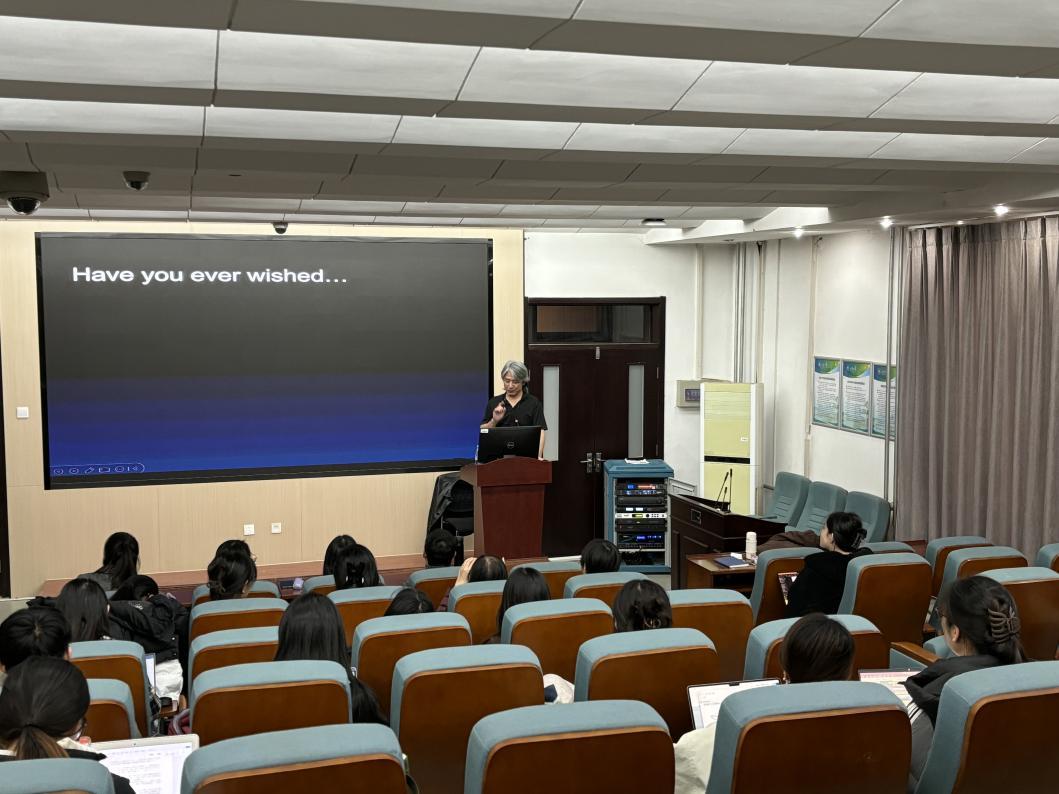
The new online school Unbound Academy approved by Arizona, USA, has attracted widespread attention from the international education community. The school's academic courses will be taught entirely by AI, using "AI-driven adaptive learning technology" for students in grades four to eight. This move seems to be a bold innovation in the field of education, but upon closer inspection, there are many issues that deserve concern and criticism.
From the essence of education, education is not only the transmission of knowledge, but also the exchange of emotions between people and the shaping of values. Although AI teachers can provide personalized learning plans based on students' learning progress and characteristics, they cannot interact with students emotionally like human teachers and give them warm encouragement and guidance. For students in grades four to eight, they are in a stage of rapid physical and mental development. They need not only the inculcation of knowledge, but also emotional support and the power of role models. The existence of AI teachers may make students feel lonely and indifferent during the learning process, affecting their mental health and the development of social interaction skills.
In terms of teaching effectiveness, although AI-driven adaptive learning technology claims to improve learning efficiency, the actual effect remains to be seen. Learning is a complex process, not only the acquisition of knowledge, but also the cultivation of thinking ability and the stimulation of creativity. In the teaching process, AI teachers may pay too much attention to the imparting of knowledge and neglect the cultivation of students' thinking ability and creativity. In addition, the teaching methods of AI teachers may be relatively simple, lacking flexibility and diversity, and unable to meet the learning needs of different students.
From the perspective of educational equity, this move may exacerbate educational inequality. Although Unbound Academy claims to provide equal educational opportunities for all students, in fact, students who can enjoy this advanced educational technology are often those with better family conditions and good network environment and equipment. For those students from poor families and remote areas, they may not be able to obtain such learning opportunities, which further widens the educational gap.
In terms of technical risks, AI technology itself still has some limitations and uncertainties. For example, AI teachers may make wrong judgments and suggestions, resulting in deviations in students' learning. In addition, AI systems may also be threatened by cyber attacks and data leaks, endangering the personal information security of students. The large-scale application of AI technology in the field of education requires full consideration of these technical risks and effective measures to prevent them.
Finally, from the perspective of social development, the purpose of education is to cultivate talents that meet the needs of social development. In today's society, interpersonal skills, teamwork skills, and innovation skills are becoming increasingly important. The existence of AI teachers may lead to students' inability to fully exercise and cultivate their abilities in these areas, thus affecting their future social adaptability and career development.
The move of the new online school Unbound Academy approved by the United States to use AI teachers to teach, although it reflects the spirit of educational innovation to a certain extent, also has many problems and risks. When promoting and applying this educational model, it is necessary to fully consider the nature of education, teaching effectiveness, educational equity, technological risks and other factors, act cautiously, and avoid adverse effects on students' growth and development. At the same time, the international community should also pay close attention to the development of this educational model, learn lessons from it, and jointly explore a more scientific and reasonable path for educational development.

According to a recent report by Rich Asplund, a columnist for Barchart, the global sugar market is currently experiencing a complex and profound supply-demand game.
According to a recent report by Rich Asplund, a columnist f…
On January 13th local time, the three major US stock indice…
Recently, the 2026 edition of the MIT Technology Review lis…
On January 15, 2026, the US military announced the seizure …
At the 2026 J.P. Morgan Healthcare Conference, a joint anno…
For much of 2025, the market was rethinking whether the dol…